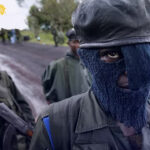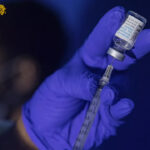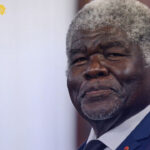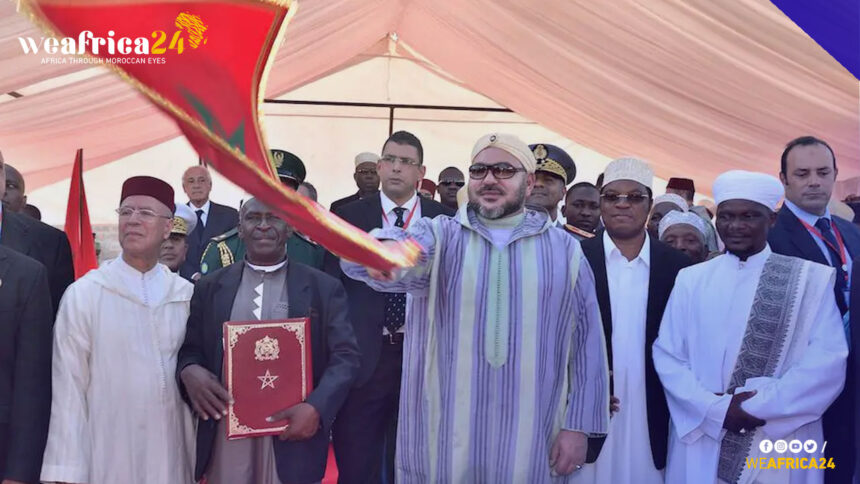Morocco’s relationship with Africa has undergone a radical change since King Mohammed VI came to power. It is no longer one of Morocco’s goals, nor even one of its dreams, to join the European Union and obtain its membership, as was the case during the reign of the late King Hassan II, especially after the enemies of the territorial integrity conspired to involve the Polisario within the Organization of African Unity.
Spiritual diplomacy
Morocco invests in the spiritual relations that bind the peoples of Africa with its religious symbols, especially Sufi saints, in spreading the values of moderation and combating extremism and terrorism. Morocco has become a destination for several African countries to train imams, preachers, and religious guides (Mali, Guinea Conakry, Ivory Coast, Senegal, Chad, and Nigeria).
Additionally, building mosques, took care of them, and provided them with the Quran. This spiritual radiance helped Morocco to facilitate its return to its “African home” in 2017, as well as membership in the regional group, which mostly includes Muslim countries or has a Muslim minority.
The importance of this religious, spiritual diplomacy was the subject of a Carnegie Endowment report in January 2019, in which it stated, “The kingdom’s religious influence extends to the Sahel due to the region’s historical ties with the sultans of Morocco.
Rabat recently formalized this cooperation as part of its support for a group of states In this context, it has organized study programs for religious leaders from the Sahel and West Africa within the framework of what it calls “religious diplomacy.” This ensures that Morocco remains at the forefront of security efforts and efforts aimed at combating terrorism in the Sahel, and perhaps, in the end, in all of Africa and beyond. The Mohammed VI Institute for the Training of Imams, Morchidine, and Murchidate in Rabat has trained hundreds of imams from the Sahel and West Africa.
Financial diplomacy
Morocco is well aware that economic and social development depends on the financing factor, with all its sources. For this reason, His Majesty the King was keen, in his official visits to more than 30 African countries, to be accompanied by businessmen, bank officials, and experts in many productive and agricultural fields to improve cooperation relations with African countries towards a win-win strategic partnership.
Thanks to this partnership, Moroccan banks have been able to be present in more than 20 African countries. A strategy stressed by the royal message to the participants in the works of the meeting of the African Assembly of Finance Ministers and Central Bank Governors of the African member states of the Bank and the International Monetary Fund, in Marrakesh, July 5, 2022.
Morocco has firm convictions And important achievements in this context, through continuous commitment and structured projects, such as the gas pipeline project between Morocco and Nigeria, which is expected to contribute radically to enhancing energy security for a large number of African countries. This great financial effort by Morocco on the African scene was the subject of a report issued by the American Center for Strategic and Security Studies “Stratfor” in January 2019, in which it noted that “in light of the gradual disappearance of European banks from Africa, which had dominated the economy for a long time.
Security and military diplomacy
Morocco’s efforts focused on supporting African countries to secure their borders and confront terrorist organizations, especially the Sahel countries. In February 2018, during the high-level international conference on the Sahel held in Brussels, Morocco confirmed several areas of cooperation, including border control, food security, social development, military training, and religious formation of imams (the number of military personnel coming from African member states has doubled).
The Economic Community of West African States and Chad, to enroll each year in Moroccan military institutes and centers specialized in military formation and training, for more than 93 percent of foreign students (937 out of 1002), who continued their training in the training wires within the institute for the season 2018-2019). While the number of African students in Moroccan military and security institutes is about 5,000 African officers.
The royal message to the extraordinary summit of the Group of Sahel-Saharan States, which was held on April 13, 2019, in N’Djamena, emphasized that “the Kingdom of Morocco, based on its firm principles and convictions, is ready to put its experience in the field of combating terrorism and violent extremism at the disposal of the African member states of the Community of States.”







